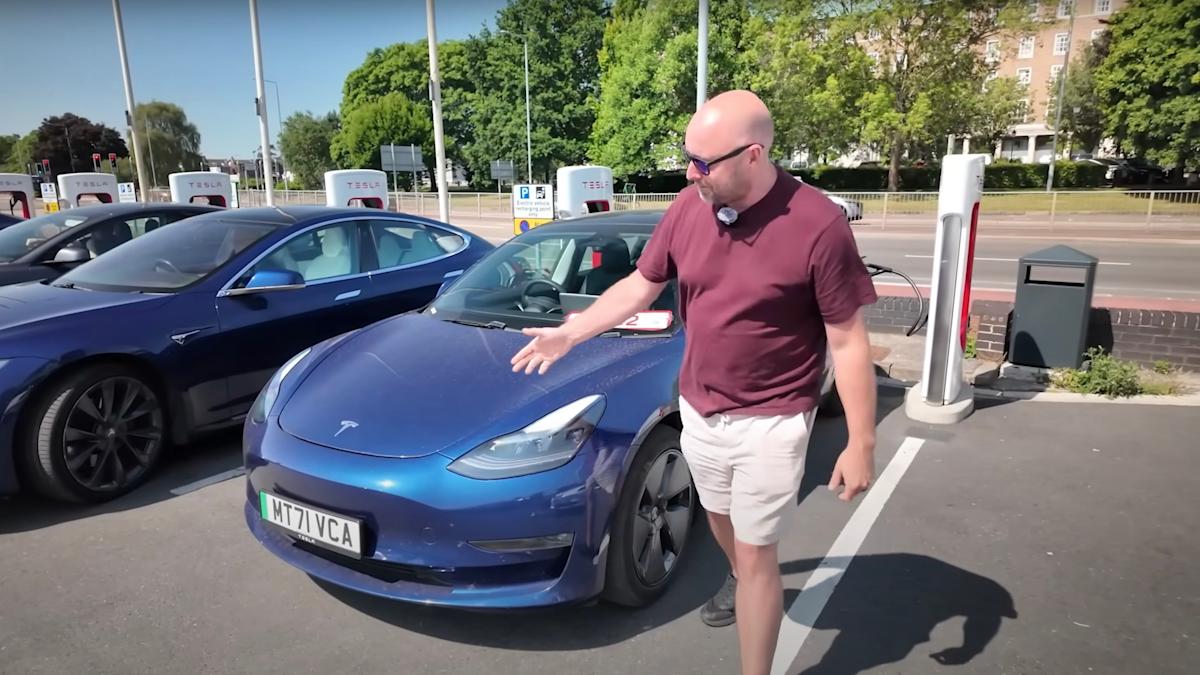ANCHORAGE, Alaska (KTUU) — An Alaska bill supporters say helps car owners avoid large tax burdens when they rent out their personal vehicles to users on apps like Turo, as well as a decrease in the tax itself, became law Thursday without Gov. Mike Dunleavy’s signature.
These car rental apps allow users to choose the car they want, select a pickup location, and “hit the road,” according to their website.
Bill sponsor Rep. Kevin McCabe, R-Big Lake, argues a system loophole meant car owners had to pay back taxes to the state for renting out their vehicles — which, according to previous Alaska law, taxed Turo hosts like vehicle rental companies.
Turo, as McCabe explained, did not put the infrastructure on the app to collect the tax from renters, saying that it put liability on the host to collect a tax from users.
“It turns out that there were 1,500 Alaskans or so that might owe as much as $600,000 in taxes to the state of Alaska for renting their Turo car over the last 10 years, and they were going to have to figure out if they owed it or not and remit to the state,” McCabe told Alaska’s News Source Thursday.
The bill, McCabe said, entirely waives car owners’ tax burdens and creates infrastructure in its software to collect revenue the app says is owed.
It also reduces taxes for traditional rental companies, like Hertz or Avis, from 10% to 9% and platform-based rentals, like Turo, to 7%.
“Keep in mind, it’s not really [car rental companies or Turo hosts] that are paying it, it’s the renters,” McCabe said. “It’s an excise tax, so the people that are using the rental cars are paying it.”
The bill passed the Alaska Senate unanimously and had one “no” vote in the House from Rep. George Rauscher, R-Sutton. The bill was sent to the governor’s office back in June and stayed unsigned past its deadline.
Alaska law says bills will go into law if the governor does not sign the legislation by its deadline, which for this bill was Thursday. HB 123 also allows the state the ability to subpoena information from Turo.
Last year, the governor vetoed similar legislation — then introduced by Sen. Matt Claman, D-Anchorage. A spokesperson told Alaska Public Media last year it was vetoed because it was “unnecessary taxation of a new and growing industry is bad public policy.”
The governor’s office did not respond to a follow-up asking for clarification, since that bill would have reduced the tax.
“The governor was like, ‘Turo is kind of a brand-new industry. And why would I ever want to put this tax on a new industry?’” McCabe said Thursday. “I don’t think I did a very good job of explaining it to the governor back then, and now I think that the governor has a better understanding.”
The bill was also lauded by the organization, Turo, as well. In a letter from Davin Aoyagi, Senior Government Relations Manager for Turo, the bill allows for the company and other carsharing marketplaces to “accurately collect and remit the proposed tax going forward on behalf of the State.”
“We believe applying a lower rate to [peer to peer car sharing] takes into account the higher costs of car ownership for Alaskan drivers and we believe there should also be future consideration for permanently preserving this differential rate than having it sunset in 2028,” the letter said.
The governor’s office did not comment on why Dunleavy did not sign the bill.
See a spelling or grammar error? Report it to web@ktuu.com
Copyright 2025 KTUU. All rights reserved.


